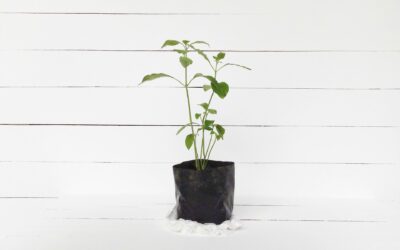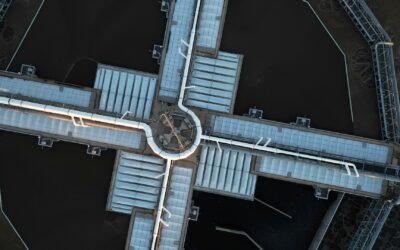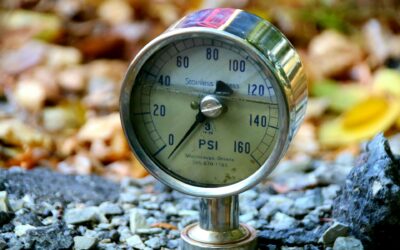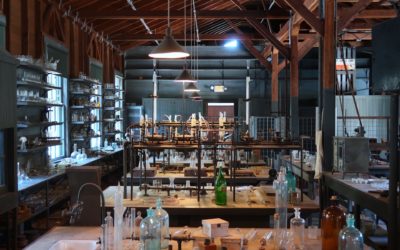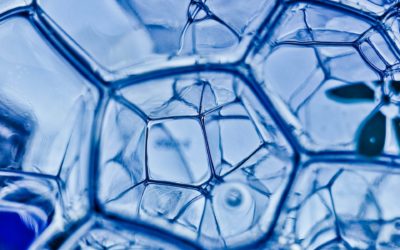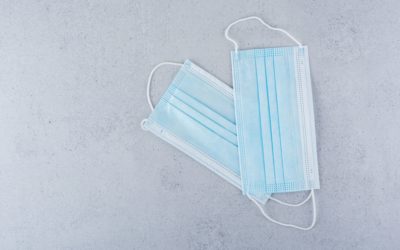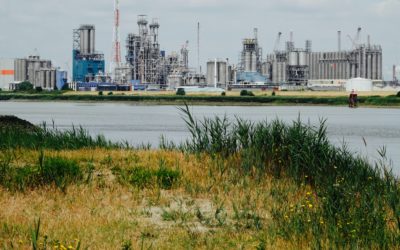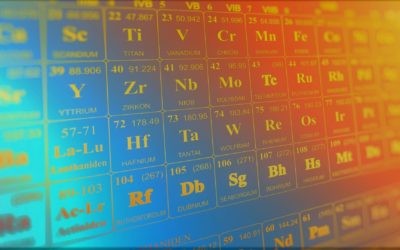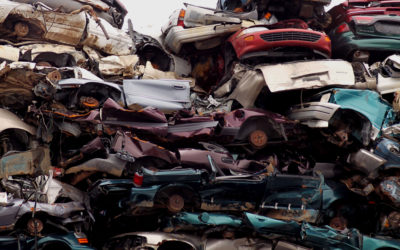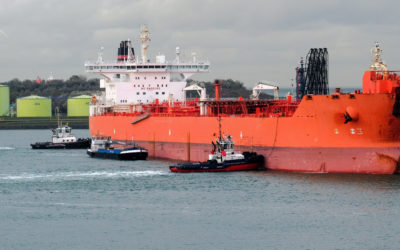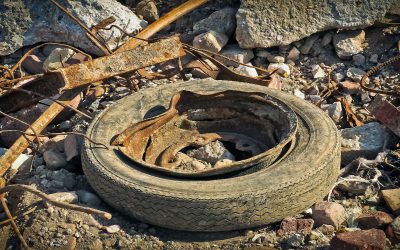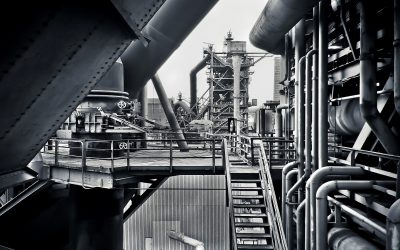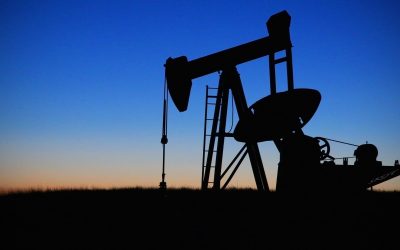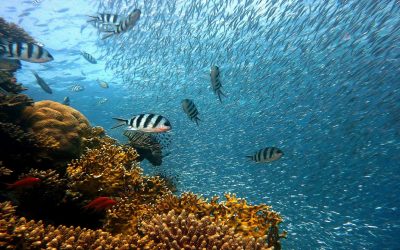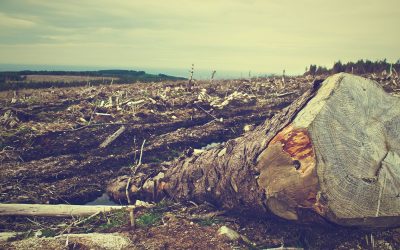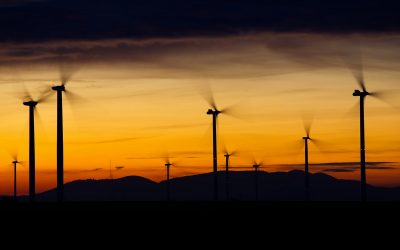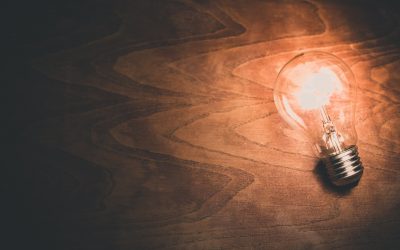CARTIF PROJECTS
ZEOCAT-3D
Conversion of methane, from natural gas and biogas, into aromatic hydrocarbons
Description
Although the worldwide natural gas reserves are still growing, a high percentage of them are still classified as stranded because shipping gas is uneconomical, and the costs of liquefaction and transport are excessively high. The conversion of methane from this and other sources like biogas into shippable high valuable liquids can solve these problems but in some cases the capital costs of current industrial multi-step conversion routes is limiting. ZEOCAT-3D aims to develop a new bi-functional structured catalysts with tetramodal pore size distribution and high dispersion of metal active sites for the conversion of methane, coming from different sources as natural gas and biogas, into high value chemicals such as aromatics (benzene, naphthalene) via methane dehydroaromatization (MDA).
Objectives
- ZEOCAT-3D project aims developing alternative direct and cost efficient routes using radically new 3D hierarchical structured catalysts with bi-functional activity, multimodal pore size distribution and high dispersion of metal active sites, that will allow for:
-
- Effective control on the product selectivity
- Easy regeneration and delayed coking
- Increase of the reaction productivity for the direct methane dehydroaromatization into aromatics.
-
Actions
- The methodology of the project will be performed from the lab to pilot scale validation in a real environment. Catalyst design and operation conditions will be optimized for different methane feedstock and scaled-up for the construction of a final prototype. The optimization of these catalytic processes will bring enormous advantages for increasing the exploitation of natural gas and biogas, to obtain high value chemicals as the dependence from the current fossil fuel is reduced.
Expected results
- Design of bifunctional catalyst: small-pore, 8-member ring windows in the SAPO-34 zeolite cage to avoid in-diffusion limitations. Design of bifunctional catalyst: small-pore, 8-member ring windows in the SAPO-34 zeolite cage to avoid in-diffusion limitations.
- Design of reactor: development of a membrane-assisted reactor based on H2 selective nanoporous ceramic membranes at high temperature.
- Improvement of methane conversion (>50%)
- Increased selectivity towards benzene (>90%)
- Enhanced performance (7 times less deactivation) and higher yield rates (up to 80%)
Partners:
- IDENER (ccordinator)
- Lurederra Technological Centre (LUR)
- Tecnología Navarra de Nanoproductos S.L. (TECNAN)
- National Center For Scientific Research “Demokritos” (NCRSD)
- Energy Research Centre of the Netherlands (ECN)
- University of technology Eindhoven (TUE)
- 3D-Catalysts (3D-CAT)
- Center for Research and Technology Hellas (CERTH)
- BIOENERGIA NIGRITAS (BEN)
- NAUCNO-TEHNOLOSKI CENTAR NIS-NAFTAGAS (NIS)
- University of Poitiers-CNRS (UPO)
- KNEIA
- HYBRID CATALYST BV (HYBRID)
- University of Lille (LILLE)
- Fundación CARTIF
- Islamic Azad University (AZAD)
- Hellenic Petroleum (HELPE)
H2020-NMBP-ST-IND-2018

Total budget: 6 764 020 euros
EC contribution: 6 764 020 euros
Period: from 1st April 2019 to 30th September 2022.
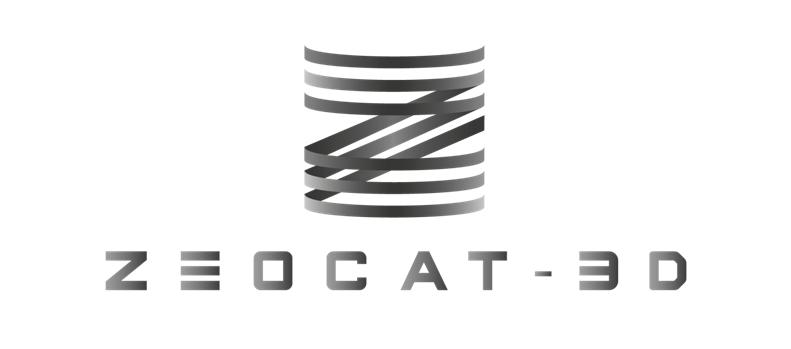
Responsible
Raúl Piñero Hernanz
Division of Agrifood and Processes
Networking
Controlled Environment and Plant Health Pilot (PAC-SAVE)
CARTIF ProjectsPAC-SAVEControlled Environment and Plant Health PilotDescriptionCARTIF's PAC-SAVE project aims to develop a Controlled Environment and Plant Health Pilot to investigate the resilience of crops and forests to climate change. Through advanced technologies...
Waste treatment for energy and material recovery in industrial processes
Increase the extractability of protein sources and other compounds of nutritional interest, naturally present in by-products generated in the transformation processes of the food industry, through the use of “green technologies” of pre-treatment such as extrusion
High-pressure processes for the generation of high value-added products
Increase the extractability of protein sources and other compounds of nutritional interest, naturally present in by-products generated in the transformation processes of the food industry, through the use of “green technologies” of pre-treatment such as extrusion
CO2SMOS
CO2SMOS project propose an innovative solution to develop new technologies based on processes for the conversion of biogenic CO2 and renewable raw materials into high value-added (bio)chemical products for chemistry sector and bio-based industries.
Renewable hydrogen and natural gas production and storage
The project focuses on the development of an integrated process for the production of green hydrogen and hydrogen carrier molecules (energy carriers) for use as renewable fuels to replace current fossil fuels.
H2METAMO
H2METAMO focuses on the development of compact and efficient plants for the generation of hydrogen carrier molecules. It has two main lines: one to generate methane and one to produce ammonia.
WoodLi
WoodLi project focuses on the development of bioadhesives for use in the manufacture of wood-based panels used, among others, in the construction sector. The bioadhesive of the WoodLi project will differ from commercial adhesives in that it will be of renewable origin and will not present toxicity problems
VALOMASK
VALOMASK project aims at the design and development of sustainable management of single use face masks in the context of the COVID-19 outbreak. The initiative arise due to the exponential increase in medical waste generated during the pandemic.
FRONTSH1P
Frontsh1p will contribute to further the green transition in the Polish region of Lódzkie. A region that on the one hand, traditionally heavily relies on coal extraction, and on the other hand, has pioneered circular (bio)economy since the early 2000s. The region has always been in the forefront of innovation and has become one of the leading regions in the field of circular economy.
CATCO2NVERS
Reduce GHG emissions from the Bio-Based Industries by developing 5 innovative and integrated technologies based on 3catalytic processes. It will transform waste CO2 from 2 bio-based industries into 5 added-value chemicals: glyoxylic acid, lactic acid, furan dicarboxylic methyl ester…
DELOREAN
DELOREAN aims to obtain new raw materials from the treatment of waste generated in a critical sector in the región, the automotive industry. The three wastes investigated (tires, lubricating oils and polypropylene) are generated in high quantities and their polluting nature makes it necessary to develop new ways for their management and use.
BioSFerA
BioSFerA aims to develop a cost-effective interdisciplinary technology to produce sustainable aviation and maritime fuels. The overall process, combining thermochemical, biological and thermocatalytic parts is based on the gasification of biomass and other biogenic waste and the 2-stage fermentation of the produced syngas.
LIFE LANDFILL BIOFUEL
The aim of LIFE LANDFILL BIOFUEL is to demonstrate the technical performance of a cost effective solution based on the implementation of new exploitation techniques of the waste cells to enhance the biogas production
BIOMOTIVE
The BIOMOTIVE project aims to demonstrate the production of new high-performance biomaterials (thermoplastic polyurethane, foams and fibres) for the automotive sector, with the objective of revolutionising the market.
REPLACE
REPLACE aims at developing new methodologies to try to solve a critical environmental problem, the destruction of plastic wastes proceeding from petroleum.
LIFE BIOMASS C+
LIFE Biomass C+ aims to demonstrate improvements in climate mitigation strategies through the production of sustainable biofuel.
AQUAMUNDAM
AQUAMUNDAM pursues an improvement in the sustainable management of the integral water cycle, for this the development and demonstration of both methodologies and a modular information system that facilitates inter-administrative communication and of different agents with competence in the integral management of water is contemplated
REHAP
REHAP aims to strengthen the European bio-economy industry by creating novel materials from agricultural and forestry waste, and considering how they can be used commercially in the green building sector.
VALOR-PLUS
The VALOR-PLUS supports the realisation of sustainable, economically viable closed loop integrated biorefineries through the development of new knowledge, (bio-)technologies and products that enable valorisation of key biorefinery by-products.
BIOREFINERÍA FT
The FT BIOREFINERY Project consists in developing a technology that allows obtaining 2nd generation liquid biofuels (synthetic diesel) and electrical energy, through the application of gasification and co-gasification processes, of different types of solid and / or liquid waste ( herbaceous biomass, lignocellulosic, glycerin, etc.)
BIORECOS
The BIORECOS Project aims to design and build a demonstration plant of a modular nature that allows, through pyrolysis, the production of charcoal and / or active coal, as well as the generation of electrical energy.
